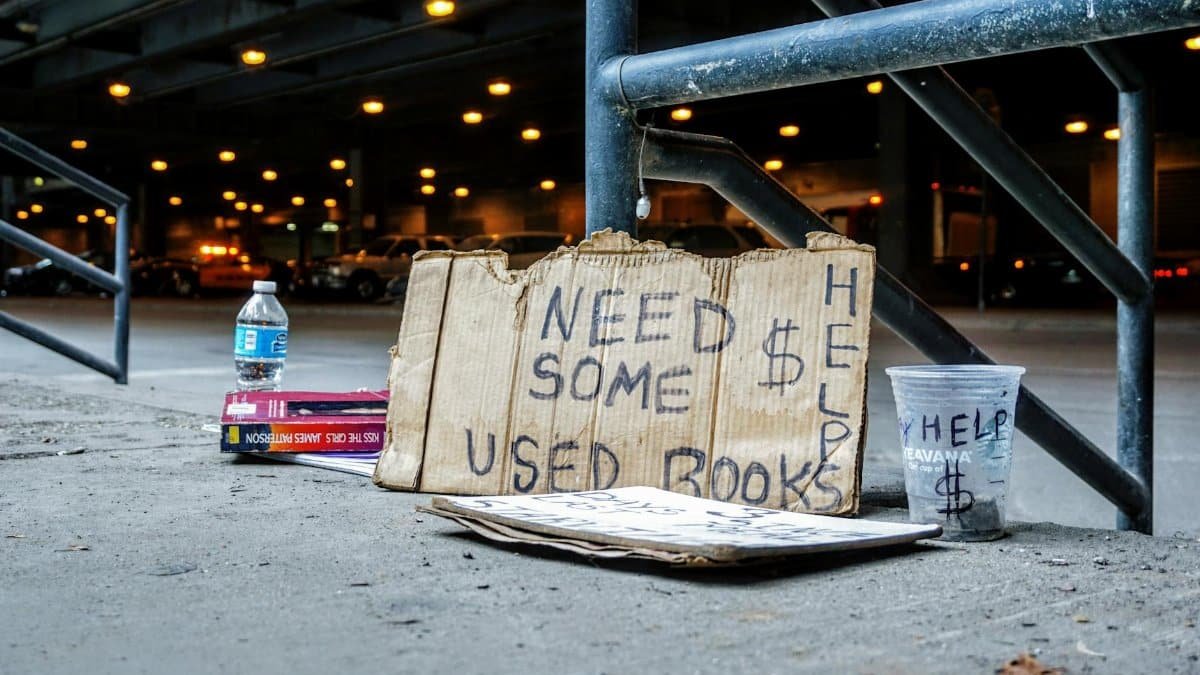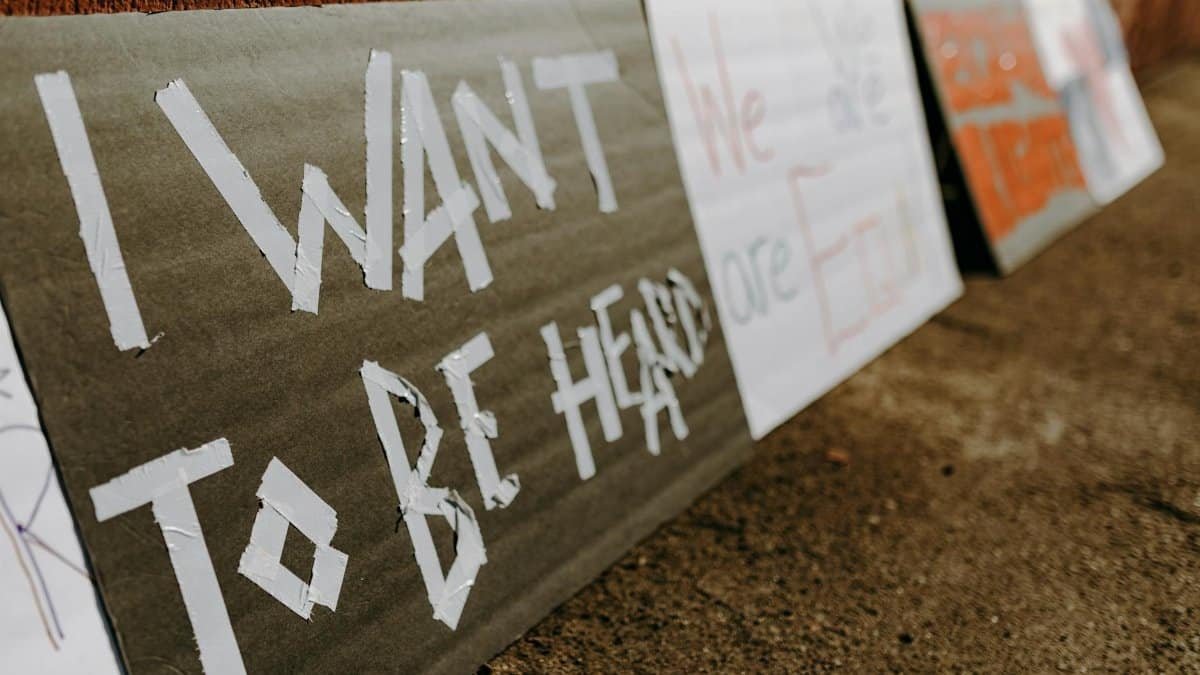New data shows 60% of large urban public libraries in the U.S. now employ social workers to address community needs beyond books. This growing trend of libraries social workers is transforming these institutions into vital hubs for social support. From helping the homeless access resources to connecting families with mental health services, libraries are no longer just quiet spaces for reading. They’re stepping up as frontline responders in cities grappling with social challenges. This shift signals a quiet revolution in how public spaces serve the most vulnerable.
A Growing Need in Urban Centers

Public libraries have long been safe havens for diverse populations, but urban centers face rising issues like homelessness and mental health crises. Social workers in libraries are now filling gaps that traditional staff aren’t trained to handle. In cities like San Francisco and Denver, these professionals assist patrons with everything from securing shelter to navigating government aid. The demand is clear: libraries see thousands of visitors daily, many of whom need more than a library card.
How It Started

The concept of libraries social workers gained traction over a decade ago. San Francisco Public Library hired the first full-time social worker in 2009 to address homelessness among patrons. The program’s success—helping hundreds access housing and services—sparked a national movement. Today, libraries in New York, Chicago, and beyond have followed suit. The idea is simple: meet people where they are, in spaces they already trust.
What They Do Daily

Social workers in libraries wear many hats. They connect patrons with local shelters, food programs, and counseling. They de-escalate conflicts, often involving mental health crises, and provide referrals for addiction support. Unlike traditional outreach, their presence in libraries offers a non-threatening environment. A 2023 report from the Urban Libraries Council noted that over 200 libraries now have such programs, with measurable impacts on community well-being.
Challenges on the Front Lines

Despite the benefits, integrating social workers into libraries isn’t seamless. Funding remains a hurdle—many programs rely on grants or temporary budgets. Staff training is another issue; librarians must adapt to working alongside social workers without blurring roles. Then there’s burnout. Social workers in these settings often handle heavy caseloads with limited resources, raising questions about long-term sustainability.
Impact on Communities

The presence of libraries social workers has reshaped community trust in public spaces. In Denver, for instance, library-based social workers helped over 800 individuals access housing services in 2023 alone, according to city data. Libraries report fewer disruptions and safer environments for all patrons. More importantly, vulnerable populations gain a lifeline, often in a place they already frequent. It’s a model proving that libraries can be more than book warehouses.
Evidence of Success

Studies back up the effectiveness of these programs. A 2022 report by the Urban Libraries Council found that libraries with social workers saw a 30% increase in patron engagement with social services. Another study from the American Library Association highlighted reduced emergency calls at libraries employing social workers, showing a direct impact on safety and resource allocation. The numbers don’t lie: this works.
Scaling Up in 2025

As social challenges persist, more libraries are expected to hire social workers in 2025. Cities like Seattle and Philadelphia are already piloting programs, inspired by larger metro successes. Advocates argue for federal or state funding to make these roles permanent, rather than grant-dependent. If trends hold, libraries could become cornerstone social service hubs nationwide, redefining their purpose for a new era.
Critics Weigh In

Not everyone is sold on the idea. Some argue libraries should stick to their core mission—books and education—rather than becoming de facto social service centers. Budget hawks worry about costs diverting funds from traditional library programs. Others question if social workers in libraries are stretched too thin to make a lasting difference. The debate continues, even as more libraries adopt the model.
Natasha is the heart of our exploration into conscious connection. Applying principles from multiple counseling courses in her own life, she guides you to cultivate stronger, more joyful bonds.
Disclaimer
The content on this post is for informational purposes only. It is not intended as a substitute for professional health or financial advice. Always seek the guidance of a qualified professional with any questions you may have regarding your health or finances. All information is provided by FulfilledHumans.com (a brand of EgoEase LLC) and is not guaranteed to be complete, accurate, or reliable.
